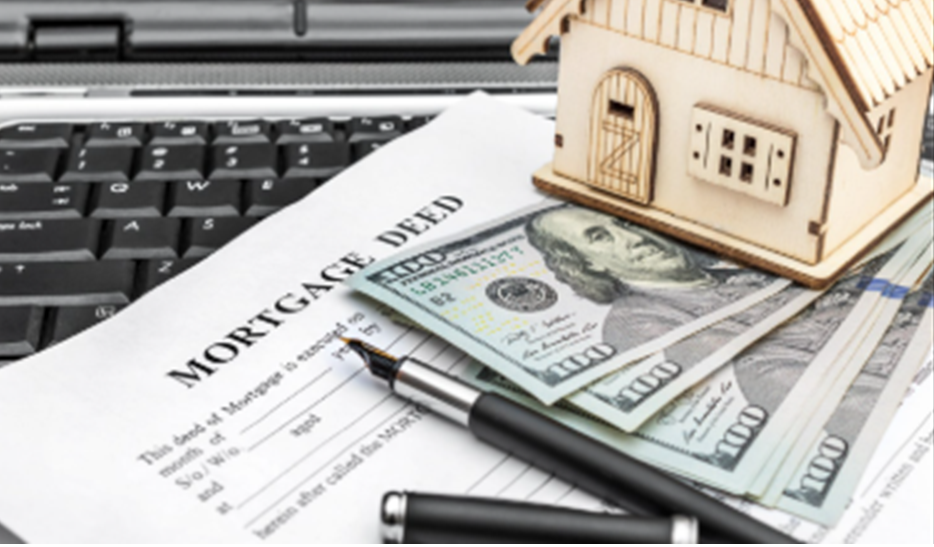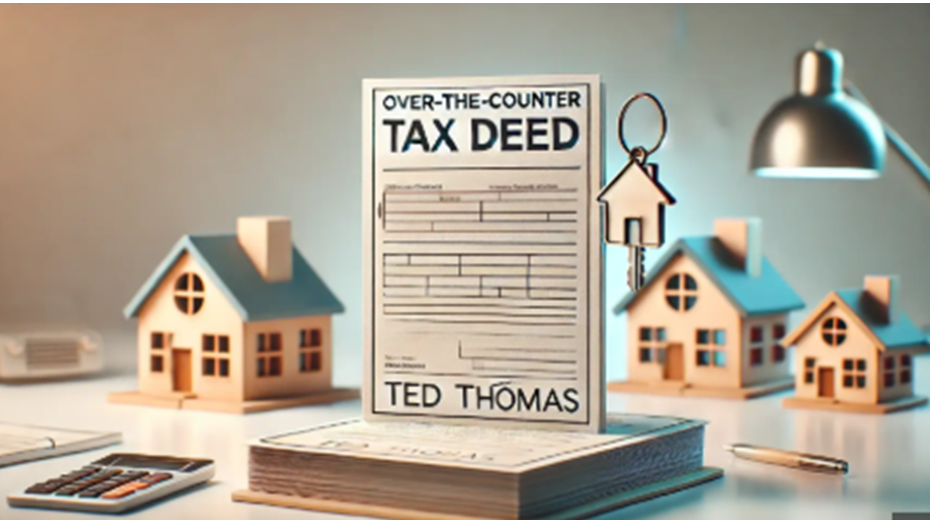Tax deed property auctions can be a goldmine for savvy investors, but they can also be a trap for the inexperienced. The ability to identify real deals—properties with genuine potential for profit—is what separates successful buyers from those who lose money. In this guide, we’ll walk through the key principles you need to know to consistently find valuable opportunities at tax deed sales.
Understand the Difference Between Tax Deeds and Tax Liens
Before diving into auctions, it’s essential to understand what kind of investment you’re making. A tax lien gives you the right to collect delinquent taxes and interest from the property owner. A tax deed, however, gives you the right to acquire the property itself, usually free and clear of previous ownership claims. This is what makes tax deed auctions so attractive, and also why careful research is absolutely critical.
Start with Thorough Property Research
Every real deal begins with proper research. Begin by identifying the property’s physical address and gathering all publicly available data. County tax websites often provide essential records, including property taxes owed, last sale date, and assessed value. You should also review any publicly available inspection or code enforcement reports. These records offer an early indication of whether the property is worth pursuing.
Check the Title and Look for Hidden Liens
One of the biggest mistakes new investors make is assuming that tax deed sales automatically wipe out all liens. In many states, some liens—especially those from the IRS or local municipalities—can survive the auction. You must check the title for any red flags, including other liens, judgments, or unresolved claims. While professional title searches can be costly, they’re often well worth the investment.
Investigate the Physical Condition of the Property
The appearance and condition of the property are critical indicators of potential cost. If the home is abandoned, damaged, or vandalized, repairs could easily eat into any profits you hoped to gain. Drive by the property if possible, and compare it to surrounding homes. Also consider the cost of bringing the home up to code, especially if it’s been vacant for a long period of time.
Understand the Local Market Conditions
A great deal in one area might be a money pit in another. Market conditions determine how quickly you can resell a property, how much rent you can charge, or whether demand exists at all. Research comparable sales, rental rates, and days on market for similar homes. Understanding local market dynamics allows you to make informed decisions based on hard data, not assumptions.
Learn the Auction Rules and Procedures
Every county and auction platform has its own rules. Some allow in-person bidding, while others are conducted entirely online. You need to understand deposit requirements, minimum bid increments, payment deadlines, and redemption periods if applicable. Not knowing these rules can cost you a deal, or worse, cause you to lose your deposit. Always read auction terms carefully and verify deadlines in advance.
 Determine Your Investment Strategy Before You Bid
Determine Your Investment Strategy Before You Bid
Going into an auction without a clear strategy can lead to poor decisions. Are you buying to flip, hold and rent, or build long-term equity? Each goal will shape how you evaluate potential properties. For example, rental properties require different location criteria than quick flips. Your investment goal should define your bidding ceiling and your level of risk tolerance.
Set a Maximum Bid and Stick to It
One of the most common ways investors lose money at tax deed auctions is by overbidding. Competitive bidding environments can be emotionally charged, especially when multiple investors are interested in the same property. Always calculate your maximum bid based on potential after-repair value minus all estimated costs. Never allow emotions to override your predetermined budget.






